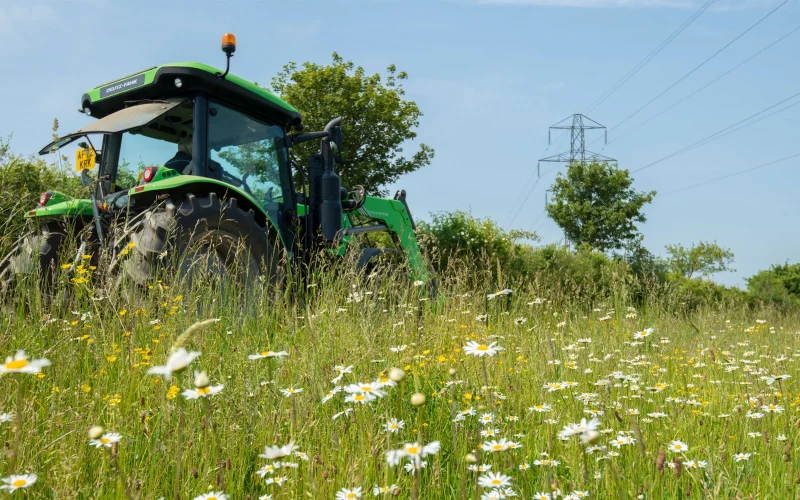ELM Schemes Update: The Future of Farming in England
The UK government has recently announced its latest update on the future of farming in England, which includes the Environmental Land Management (ELM) schemes. The ELM schemes aim to promote sustainable farming practices and improve the environment. The government has committed to investing £1 billion in the ELM schemes over the next five years.
What are the ELM Schemes?
The ELM schemes are a set of initiatives designed to promote sustainable farming practices and improve the environment. The schemes are based on the principles of agroecology, which emphasizes the importance of biodiversity, soil health, and ecosystem services. The ELM schemes will provide farmers with financial incentives to adopt sustainable farming practices, such as organic farming, agroforestry, and conservation agriculture.
Benefits of the ELM Schemes
The ELM schemes are expected to bring numerous benefits to farmers, including increased income, improved soil health, and enhanced biodiversity. The schemes will also help to reduce the environmental impact of farming, such as greenhouse gas emissions and water pollution. Additionally, the ELM schemes will provide farmers with a new income stream, which will help to diversify their income and reduce their reliance on a single crop or livestock product.
Challenges and Opportunities
While the ELM schemes present many opportunities for farmers, they also pose some challenges. One of the main challenges is the need for farmers to adapt to new farming practices and technologies. This may require significant investment in training and equipment. Another challenge is the need for farmers to balance their financial needs with their environmental goals. This may require farmers to make difficult decisions about which practices to adopt and which to abandon.
Conclusion
In conclusion, the ELM schemes present a significant opportunity for farmers to adopt sustainable farming practices and improve the environment. While there are challenges associated with the schemes, the benefits are likely to outweigh the costs. The ELM schemes are an important step towards a more sustainable and environmentally-friendly farming sector in England.
The ELM schemes are a game-changer for farmers and the environment. They offer a new way of farming that is more sustainable and environmentally-friendly.









